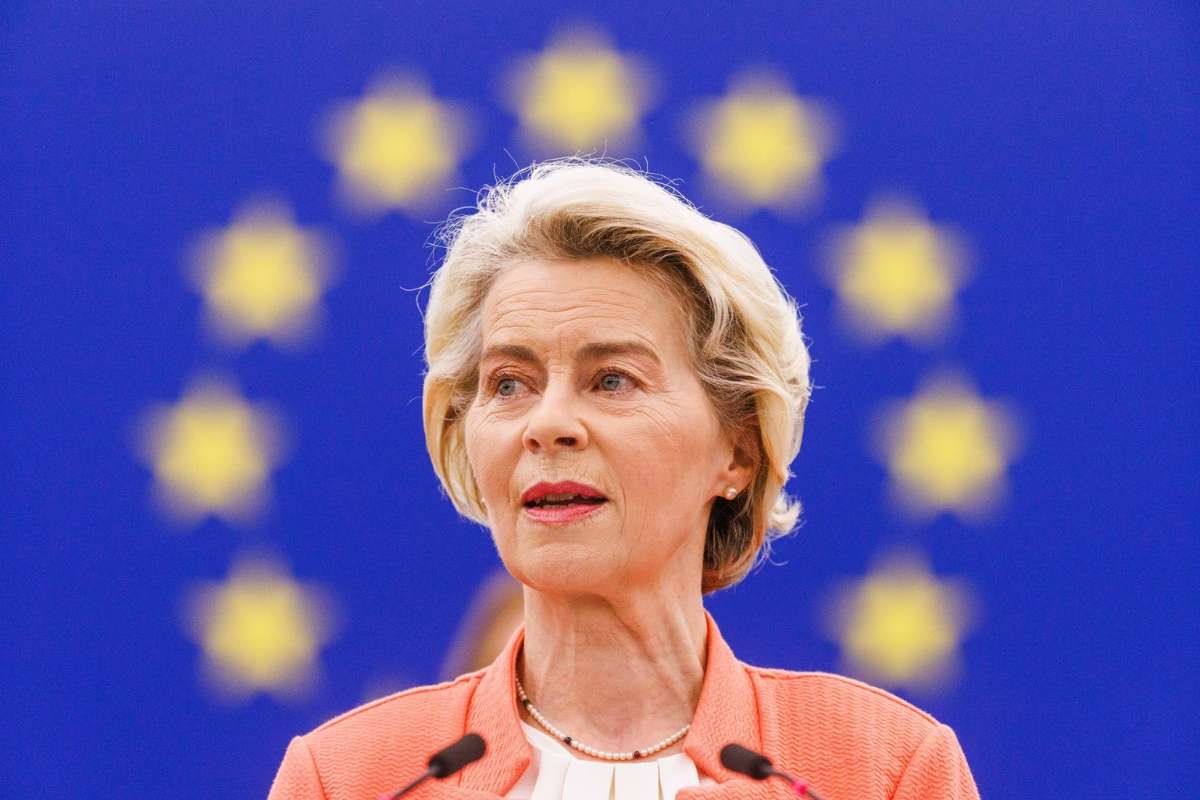In a time marked by geopolitical uncertainty, European Commission President Ursula von der Leyen is emerging as one of the most influential women in global policy and business diplomacy. During recent talks in Beijing, von der Leyen stood firm in delivering a clear message to President Xi Jinping: the European Union will not compromise its economic values or democratic standards.
Labeling the moment an “inflection point” in EU–China relations, von der Leyen pressed for a level playing field in trade, denouncing Beijing’s industrial subsidies, state-driven investment tactics, and coercive practices against EU firms. She emphasized the need for diversified supply chains and fair access to markets—issues that sit at the heart of sustainable business ecosystems.
As one of the few women at the helm of a major geopolitical body, von der Leyen exemplifies how female leadership can combine diplomacy with resilience. Her message resonated across Europe’s business community: ethical leadership and long-term competitiveness are inseparable.
Standing Up for Governance: Ursula Confronts Kyiv Over Reform Backslide
Ursula Von der Leyen’s leadership also protects institutional values within the EU’s borders and its closest allies. On July 23, she phoned Ukrainian President Volodymyr Zelenskyy to voice serious concern over a new law that gives Ukraine’s prosecutor general power to interfere with two of the country’s top anti-corruption bodies—NABU and SAPO.
She warned that the move undermines Ukraine’s judicial independence and threatens the country’s EU membership aspirations. Her intervention highlighted not only her legal and political acumen but also her commitment to protecting the hard-fought reforms that empower women, entrepreneurs, and ethical governance.
Ursula Von der Leyen made it clear: if Ukraine wants the trust of European institutions and continued business support, it must preserve transparency and institutional independence. As female-led businesses and civic organizations continue to grow across Europe, her stance reinforces the idea that leadership must always be backed by accountability.
Women Lead the Protest—and the Push for Change in Ukraine
Ursula Von der Leyen’s call was echoed on Ukraine’s streets—where many of the protest organizers and voices for reform were women. From Kyiv to Lviv, citizens mobilized to oppose the rollback, emphasizing the public’s desire for clean governance, democratic rights, and institutional transparency. Slogans like “Justice is not negotiable” reflected the demand for real reform—not just symbolic gestures.
Responding to the uproar, President Zelenskyy announced a new draft bill aimed at strengthening NABU and SAPO, explicitly removing avenues for political interference. “There will be no Russian influence,” he vowed, aligning with von der Leyen’s demand for institutional integrity.
European leaders cautiously welcomed the move, but von der Leyen—true to her businesslike pragmatism—signaled that only swift and measurable action would be enough to restore confidence, particularly from private investors and the international development community.
Conclusion: Redefining Global Leadership with a Female Voice
Ursula von der Leyen’s dual role in confronting China and holding Ukraine accountable reflects a powerful shift in how female leadership is reshaping the geopolitical and business narrative. Her actions reinforce that diplomacy and economic policy aren’t about compromise—they’re about conviction.
In a world where women still face barriers in boardrooms and foreign ministries alike, Ursula von der Leyen is proving that values-led leadership can drive not just political change—but also economic reform, business stability, and social trust. For Europe’s female entrepreneurs, investors, and future leaders, her message is clear: integrity and innovation go hand in hand.









